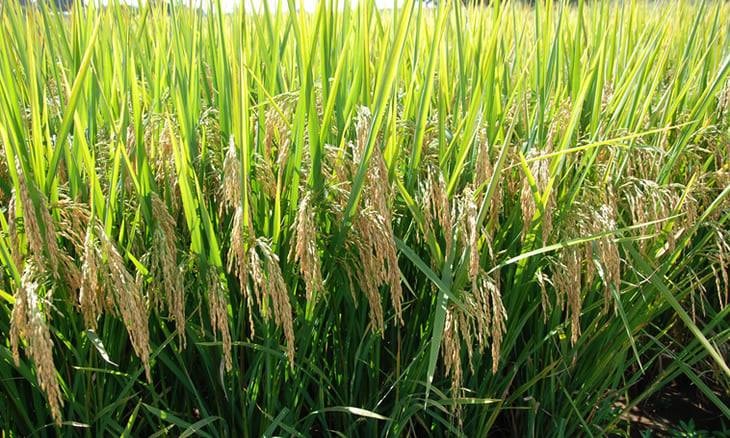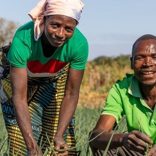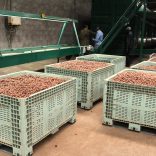Mozambique government highlights ‘alarming risk’ posed by deforestation and soil degradation in ...
Mozambique: Cereal production drops in 2023 – INE

FILE - For illustration purposes only. [File photo: Rádio Moçambique]
Mozambican production of the main cereals fell in 2023. According to data from the National Institute of Statistics of Mozambique (INE) consulted today by Lusa, production of corn fell by 11% and rice by 34%.
The INE report on the production of the main cereals in Mozambique, reports that the country produced 2,124,749 tons of corn last year, compared to 2,382,511 tons in 2022.
Even so, this is a higher record than in previous years, with the exception of 2022, which according to the INE was 1,836,925 tons of maize in 2021, 1,632,321 tons in 2020 and 1,451,686 tons in 2019.
The province of Tete led in 2023 in maize production, with 501,080 tons, followed by Manica, both in the centre of the country, with 398,619 tons.
Mozambican rice production fell in 2023 to 161,829 tons, compared to 245,792 tons in the previous year. This production was also the lowest in the last five years, according to the history made available by the INE.
The province of Zambézia, in the centre of the country, led in the 2023 rice production in Mozambique, with 48,537 tons, followed by Gaza, in the south, with 40,946 tons.
The report also points to drops in the production of two other reference cereals in the country, namely sorghum, which fell by 15%, to 139,553 tons in 2023, and millet, which fell by 32%, to 17,098 tons.
More than 100,000 people in the province of Manica are at risk of food insecurity due to the climatic impacts of the El Niño phenomenon, local authorities acknowledged in August, justifying the situation with the drop in agricultural production.
Dionísio Rapeque, head of the Food and Nutrition Security Department at the Provincial Directorate of Agriculture and Fisheries in Manica, explained that 49,000 of these people currently require food assistance.
“These 49,000 [people] need food, but we have a portion left. Now that we are in the 2024/2025 agricultural campaign, if they don’t have food, it means they won’t have seeds. All the stocks for acquiring seeds are empty,” he said.
According to Rapeque, the situation is caused by the low production recorded in the 2023/2024 agricultural campaign, due to the impacts of the El Niño phenomenon, which affected the districts of Machaze, Tambara, Guro and Macossa in that province.
Rapeque also said that “seeds will be distributed to the affected families for the next agricultural campaign.”
Mozambique is considered one of the countries most affected by global climate change, cyclically facing floods and tropical cyclones during the rainy season, which runs from October to April.












Leave a Reply
Be the First to Comment!
You must be logged in to post a comment.
You must be logged in to post a comment.